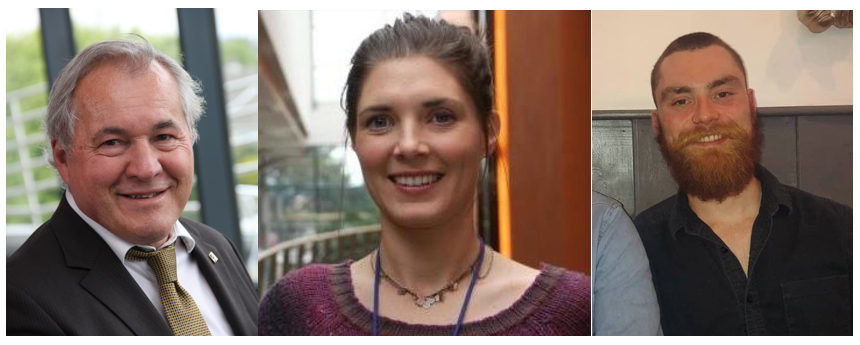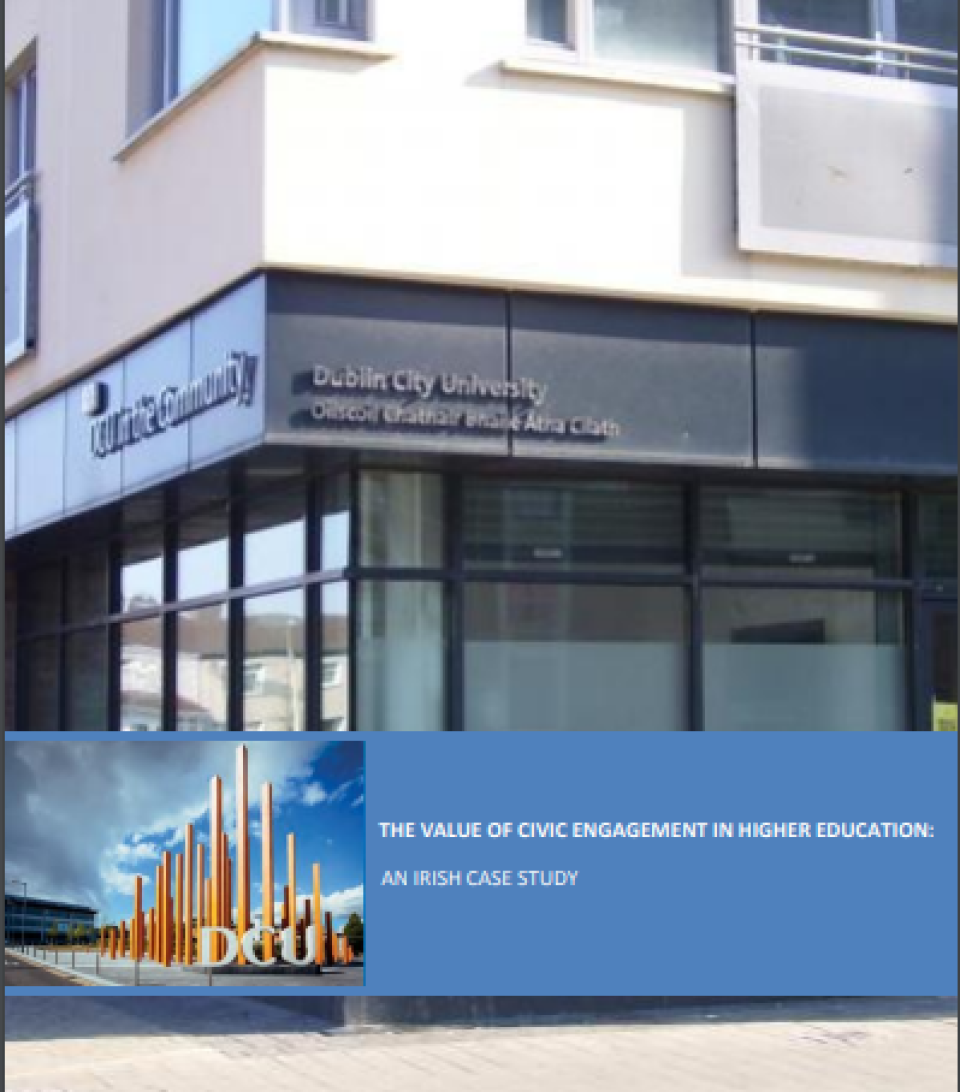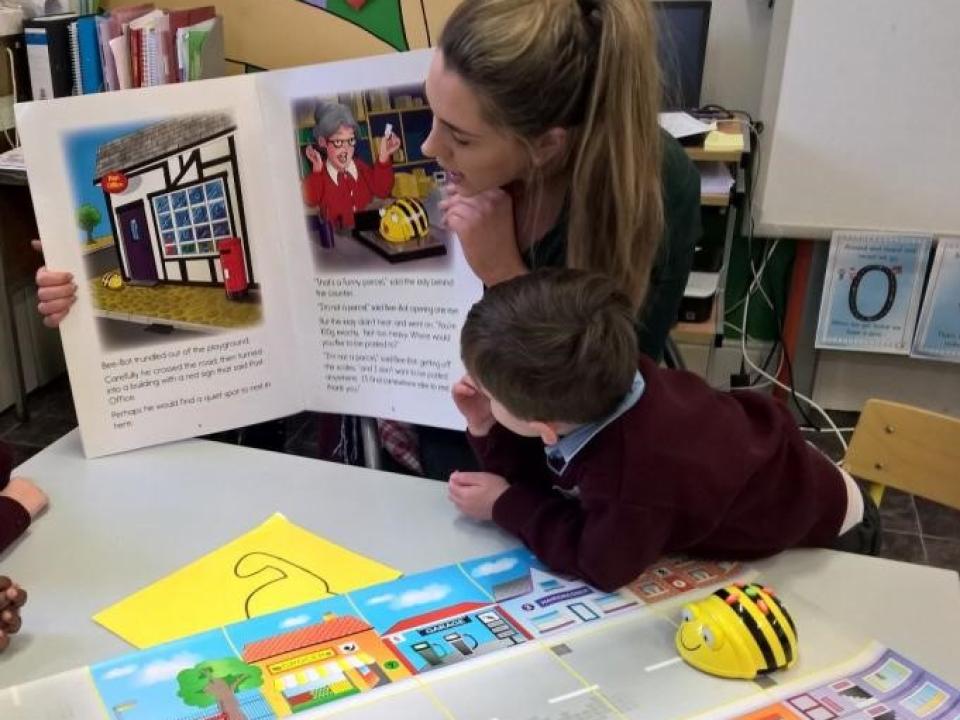
Research Newsletter - Issue 76: Spotlight

The Centre for Engaged Research is committed to embedding the principles and practices of Engaged Research at DCU and across Ireland. The Centre is pursuing a new agenda that has come to the fore in Ireland and Europe to turn research into an active partnership with society. The Centre is available to assist DCU staff; building capacity through training, sharing of resources, show-casing of engaged research, facilitating collaboration, networking and partnerships between researchers and community stakeholders etc.
What Is Engaged Research?
Engaged Research utilises collaborative engagement with community stakeholders to address societal challenges in a responsive and purposeful manner. It explores the potential for increased collaborative activities, participation and knowledge dissemination, facilitated through new technologies, shared governance structures and partnerships. This brings greater public ownership to responses to societal issues and policy-making.
Engaged Research aligns with existing participatory research approaches; such as Citizen Science, Responsible Research and Innovation (RRI) and Public and Patient Involvement (PPI). Through purposeful consultation with community groups and engagement throughout the various research stages, utilising both a bottom-up and a top-down approach, Engaged Research places the subject, the community, at the centre of research projects.
The Centre for Engaged Research defines Engaged Research as;
Collaborative: The community is a full participant in shaping the research question, analysing data and developing effective knowledge dissemination strategies.
Change-oriented: it empowers communities and local stakeholders and promotes democratic values for positive social transformation in the way it conducts its research and manages its community and industry partnerships.
Inclusive: it reflects the various types of knowledge, including experiential forms, that are essential for a socially inclusive model of research, engaging citizens in research and innovative decision-making.
Creative: it improves the interactions between stakeholders by promoting public engagement with research to identify societal challenges, sharing expertise and research methodologies, disseminating knowledge in an inclusive, trans-disciplinary manner.
For further information see What is Engaged Research? (Munck, 2022)
How Does the Centre Promote Engaged Research?
The Centre for Engaged Research promotes and facilitates Engaged Research practice through a range of activities;
Workshops & Training: Workshops and trainings are open to DCU staff, researchers and the public who wish to learn the methodologies of Engaged Research and incorporate them into their practice.
DCU Module: DCU is the first University in Ireland to offer a graduate training element module (CM602) on Engaged Research, through the School of Communications. This module is open to all post-graduates and offers grounding in the diverse methodologies and principles in Engaged Research.
Lecture Series: The Centre’s lecture series showcases the exemplary Engaged Research conducted at DCU. It demonstrates how Engaged Research is conducted throughout the various stages of the research process and the vital role of the community. The Autumn Lecture Series ‘Community Co-Researchers’ is ongoing.
Networking: The Centre offers itself as a networking tool to DCU researchers as it establishes mutually beneficial relationships with community groups; such as the Dublin City Public Participation Network (PPN). Through our meaningful partnerships researchers can meet community groups and begin an Engaged Research practice.
Centre Members’ Activities include:

North-South Engagement
Prof. Ronaldo Munck and Prof. Kathryn Higgins, Director of the Communities and Place Initiative at Queen’s University Belfast have secured an Impact Award from the Economic and Social Research Council (ESRC) to pilot a North-South ‘Socially modified economic value’ study of civic engagement.
This will be a further development of ‘The Value of Civic Engagement in Higher Education: An Irish Case Study’.

Future Play Spaces
Prof. Mathias Urban, as part of a team within DCU’s Early Childhood Education Centre, recently collaborated with Maynooth University, Hill Street Family Resource Centre and Ballymun Child & Family Resource Centre in conducting Engaged Research through ‘Future Play Spaces’.
These spaces, adapted from Robert Jungk’s ‘Future Workshops’, were utilised to instigate creative play, conversation, and observation as they brought together children, parents, and professional educators. The project is currently funded by the Froebel Trust, London.
Contact Us
Further information can be found on the Centre Website or you can reach out to any of the contacts below:
Ronnie Munck, Centre Co-Director: ronnie.munck@dcu.ie
Kate Irving, Centre Co-Director: kate.irving@dcu.ie
Luke Quinlan, Centre Coordinator: luke.quinlan@dcu.ie
Please contact us with any queries regarding workshops, training, taking part in our lecture series, or if you need assistance in connecting with community groups for your research.
